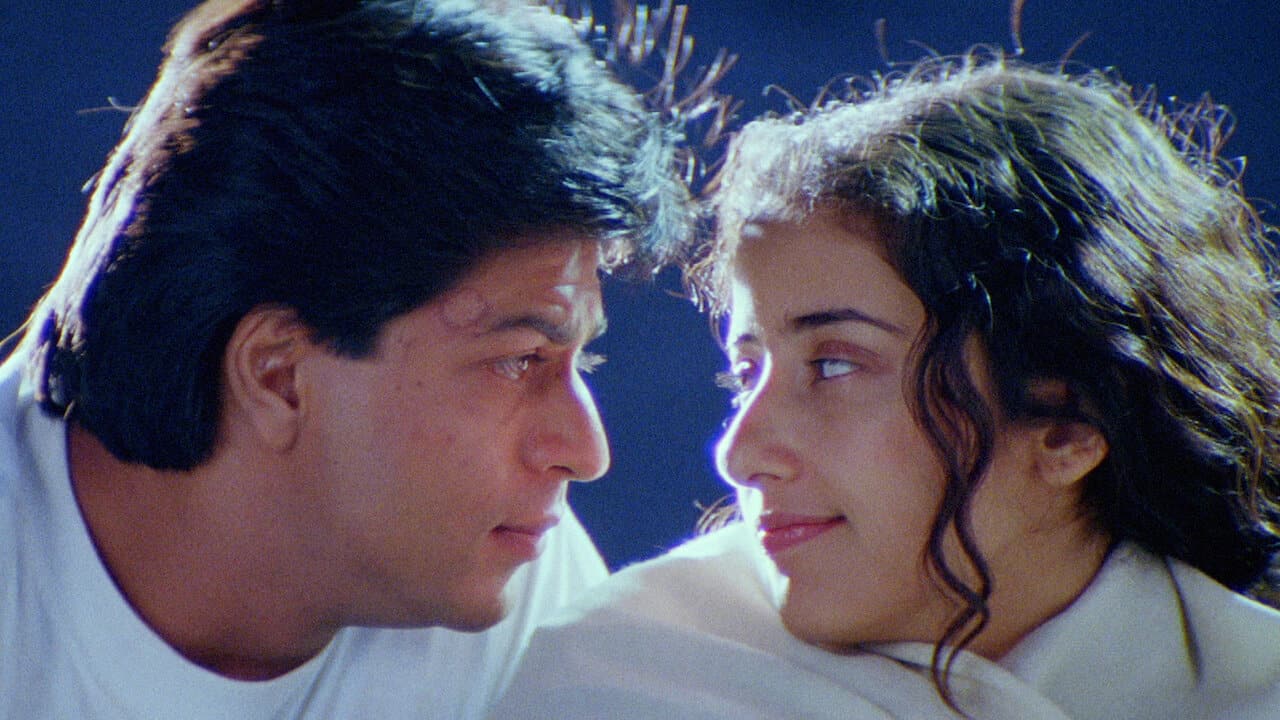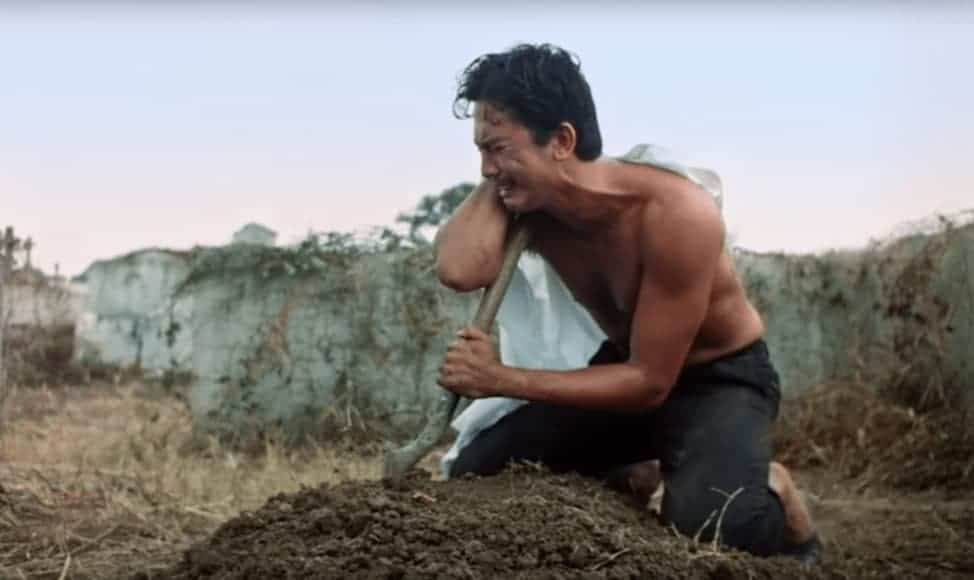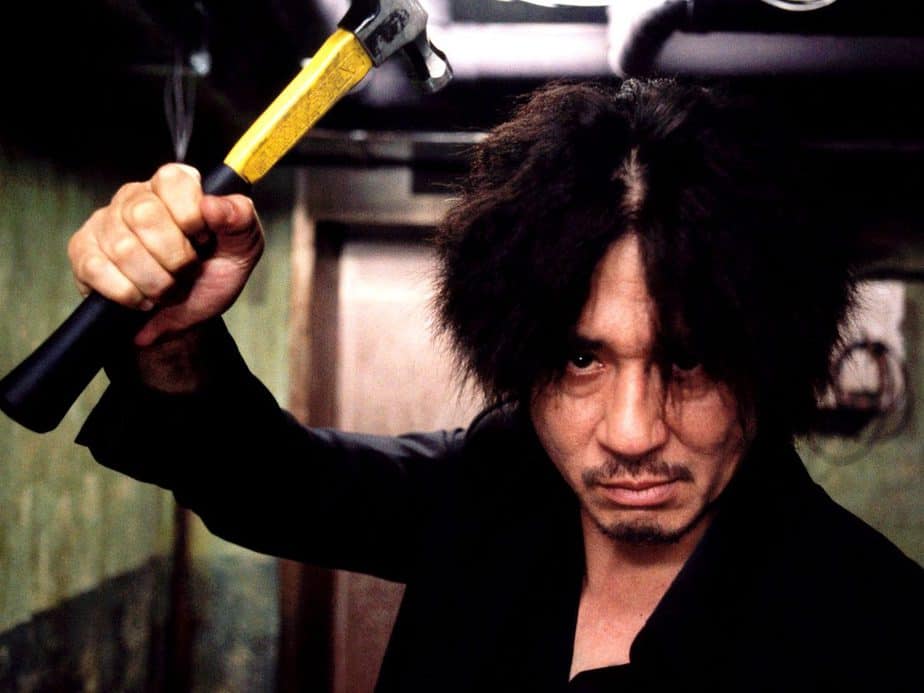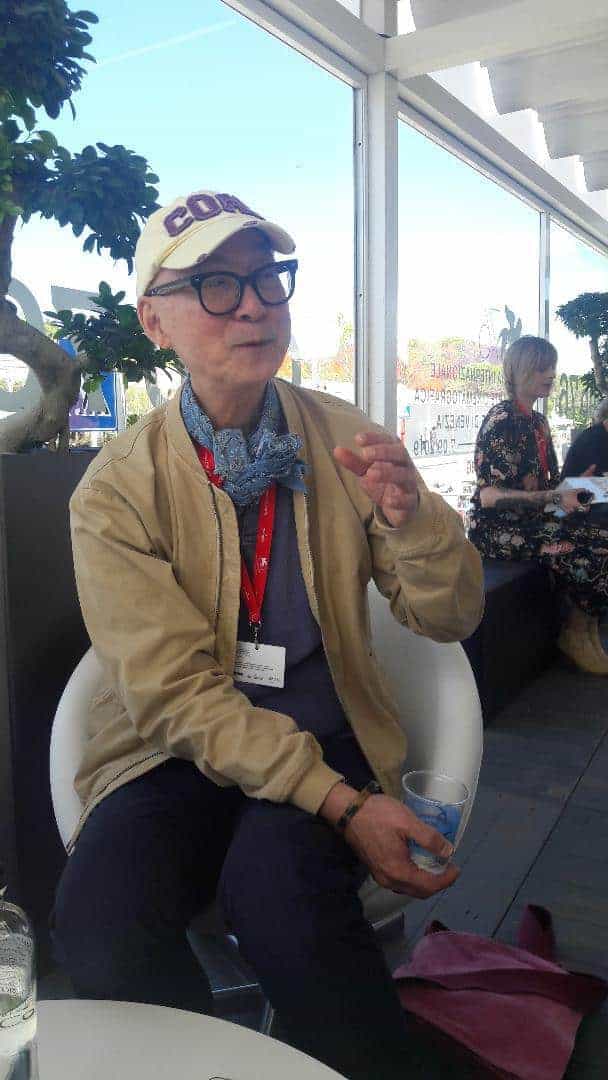All the Wrong Clues (1981) by Tsui Hark
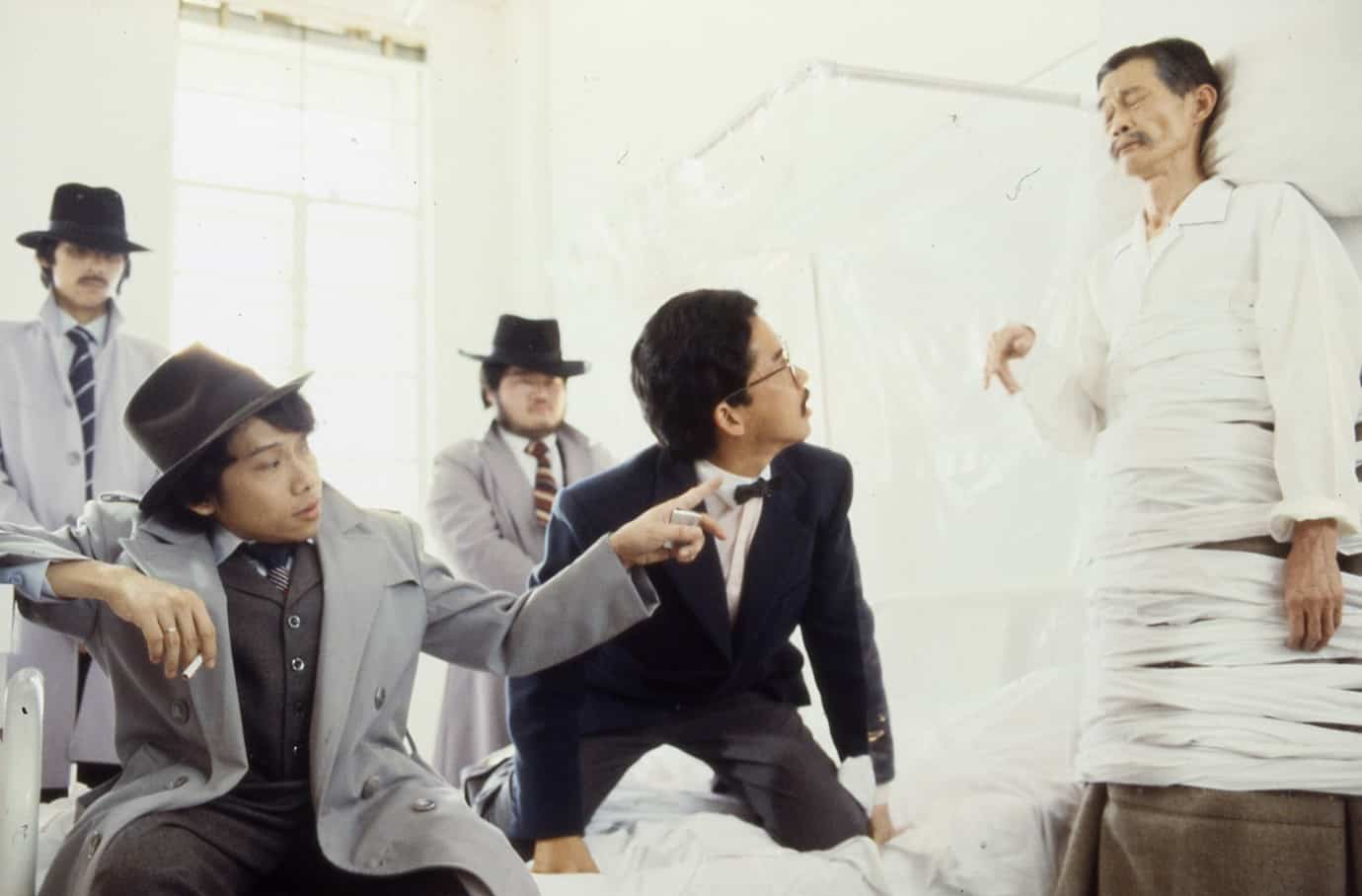
Three elements synopsize Tsui Hark‘s work in this movie. The first is the absurd humor, mostly deriving from the jokes the characters tell each other in all seriousness, but also from the rather nonsensical episodes and the characters themselves, with Karl Maka as Capone, Eric Tsang as his right hand, and Bolo Yeung as a brawler in a bar being the main representatives of this aspect. Particularly the first, who plays with the back of his head as much as with his face and laughter, is truly hilarious to watch, also due to the way he shamelessly parodies Hollywood villains. (Panos Kotzathanasis)
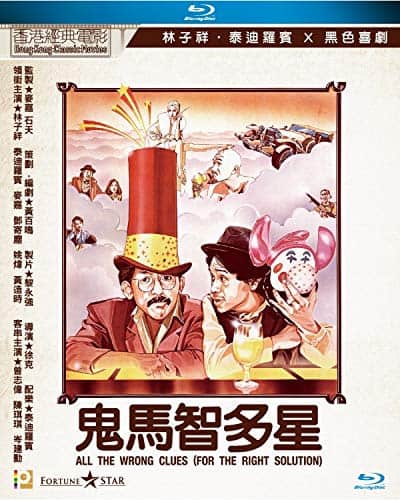
The Imp (1981) by Dennis Yu

In terms of context, the narrative focuses largely on the concept of crime and punishment. That Ah Keung ends up in such a dangerous job seems like the punishment for not listening to his wife, and considering the job in his father-in-law's factory, lowly. Mr Hong Kong, one of the security guards, kicks a dog that is lingering around the table in the noodle shop they “gang” is eating, and even proceeds to cooking it up a bit later and serving it to the rest. His actions result in a rather brutal death that, essentially, kickstarts the horror in the story. A scared Fatty decides to quit his job and leave his former comrades behind, which results in another harsh punishment. Sau-lan, even if not exactly of her own volition, torments Ah Keung, with her punishment coming in the most sever way. (Panos Kotzathanasis)
Love Massacre (1981) by Patrick Tam
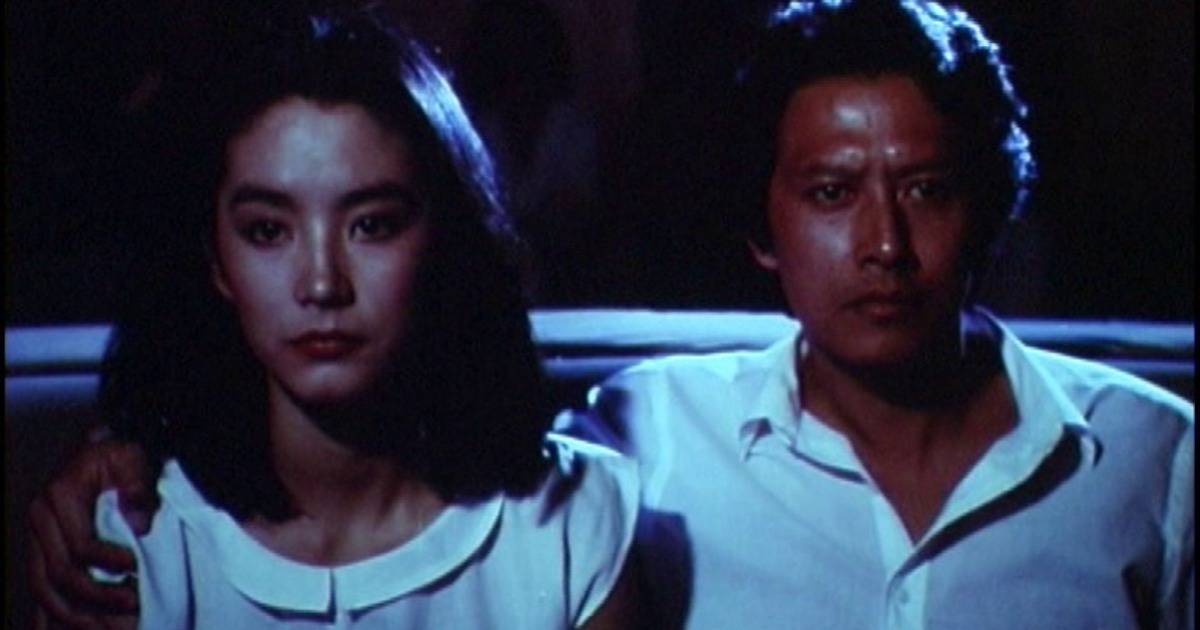
After his leaving, however, is where the good part of the film, begins, with the built-up Tam implements being the best part of the narrative. As Chiu Ching's relationship with his wife (played by Deannie Ip) is presented, so does his paranoid mentality, which is gradually revealed until his reappearance in California, where the exploitation elements that were briefly touched before, take completely over the narrative. That the film eventually becomes something similar to grindhouse is equally surprising, well-implemented, and highly entertaining, while the angst that the narrative emits is excellently portrayed by the attitude of Chiu Ching, with Chang Kuo-chu giving an impressive performance in the part.
Boat People (1982) by Ann Hui
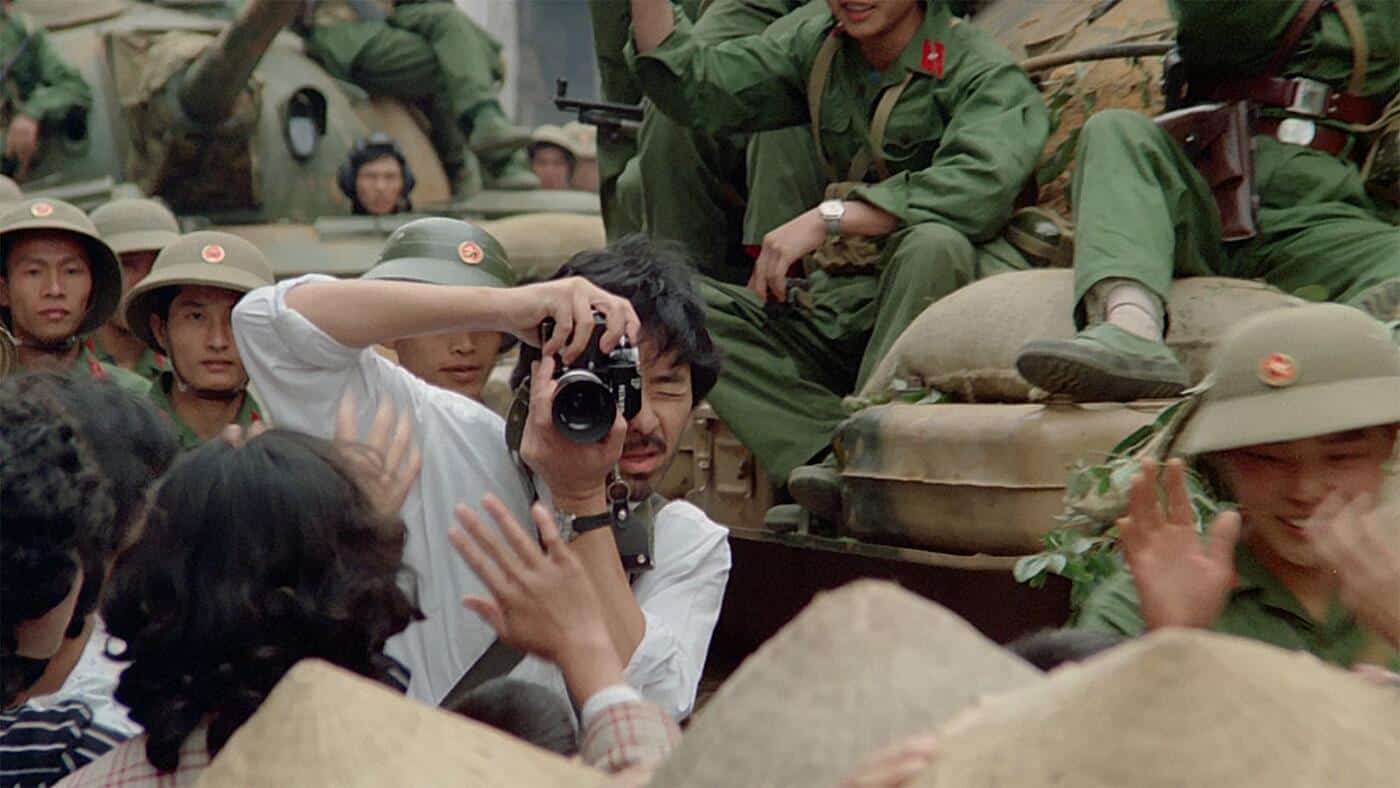
Unsurprisingly, “Boat People” has been the center of endless discussions, exploited by one side or the other according to the occasional need and frankly the dramatic rendering of the post-war Vietnamese Communism is truly affecting but we must not forget this is an Ann Hui‘s movie and that consequently the focus and the perspective are on the ordinary people and their lives in a tragic and extraordinary moment in history. However, we cannot deny that, through another country's history, the director has channeled the anxiety for the future that Hong Kong was experiencing at that time, the malaise of uncertainty as the handover was casting its shadow, the so-called China Syndrome. (Adriana Rosati)
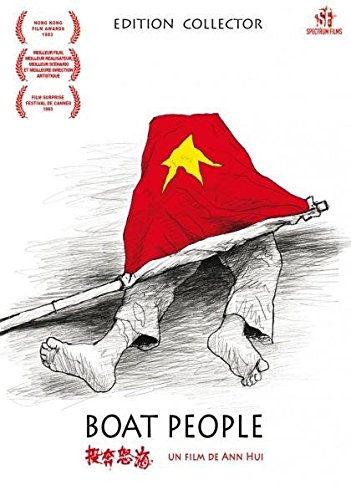
Coolie Killer (1982) by Terry Tong
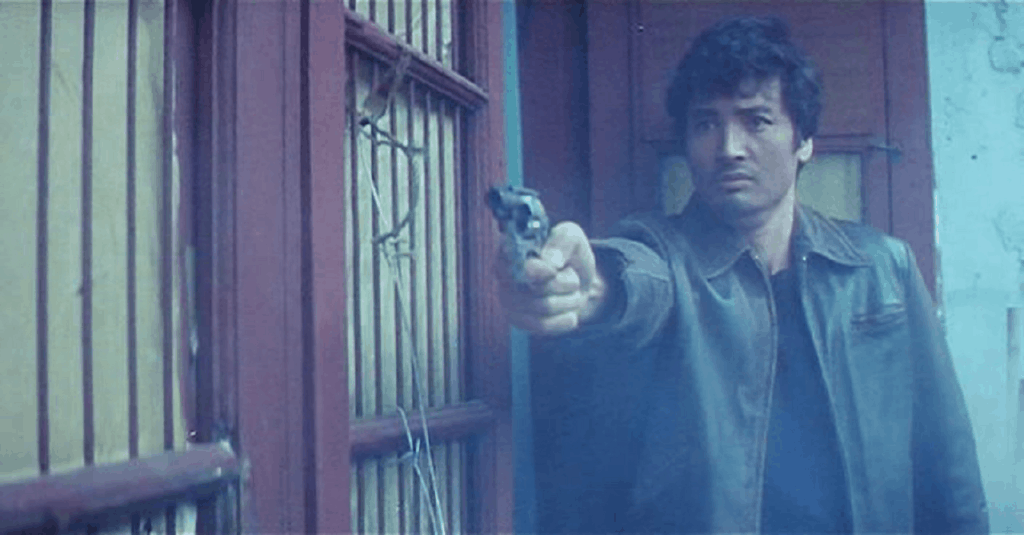
For the most part, “Coolie Killer' serves as a stylish action film. Among the more impressive qualities is the general air and attitude of the lead Ko Tut-fa, the assassin we're following. Despite being presented as the leader of a gang of assassins, Ko Tut-fa is a skilled, competent professional in this environment that includes backstabbing friends, cold-blooded thugs, and ruthless police officers looking to get to the bottom of the crime spree around them. Bringing together these grimy personalities in this kind of film where they're not at all ashamed to shoot each other in the back due to a higher boss giving them the order to do so, locking away Ko Tut-fa for minor indiscretions and forcing him to seek revenge on the gang that killed his team. It's quite different from the majority of the roles we've seen him play over the years and creates a fascinating antihero. (Don Anelli)

The Head Hunter (1982) by Lau Shing-hon
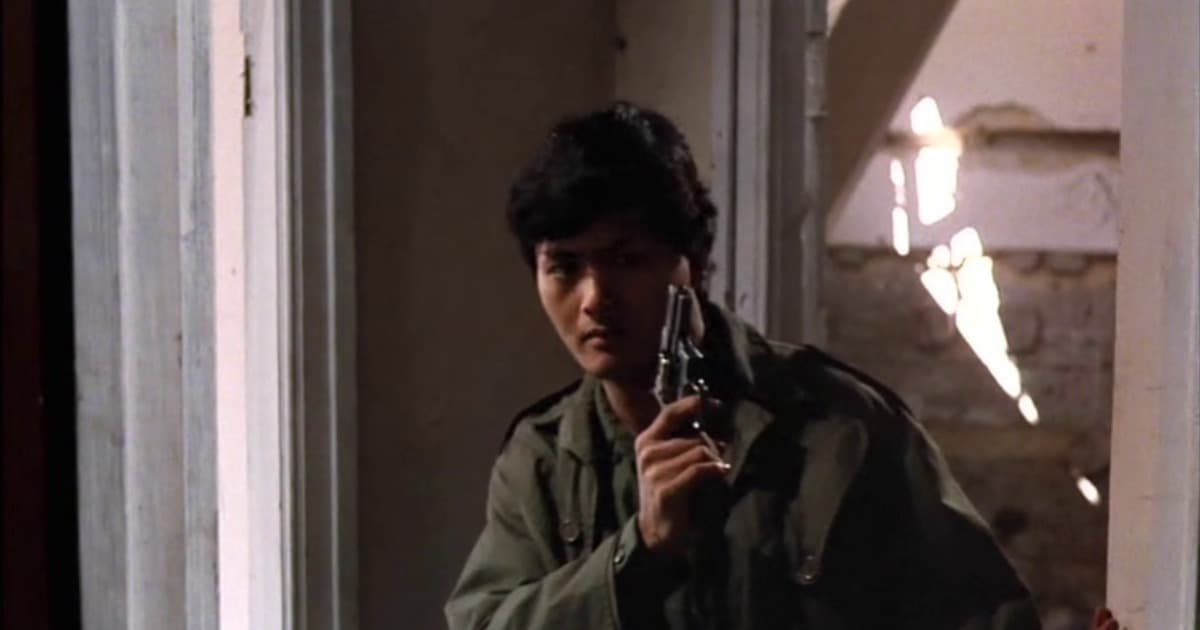
The most obvious thing here is that the story written by Lau Shing-hon and Szeto Cheuk-hon is too convenient, essentially a vehicle to service the action, the romance, the melodrama, and even more, to promote the two protagonists, Chow Yun-fat and Rosamund Kwan, whose charisma and evident beauty, truth be told, truly floods the screen each time they appear. At the same time, the story is saved by three interesting elements. The first is that the harsh life Vietnamese people lived in Hong Kong, may be presented in hyperbole, but the comment is realistic in its base, also highlighting the racism these people had to experience. At one point, Nguyen hears his boss telling “You Vietnamese people, what else can you do in Hong Kong?” with the phrase synopsizing the comment in the harshest and most eloquent way. (Panos Kotzathanasis)
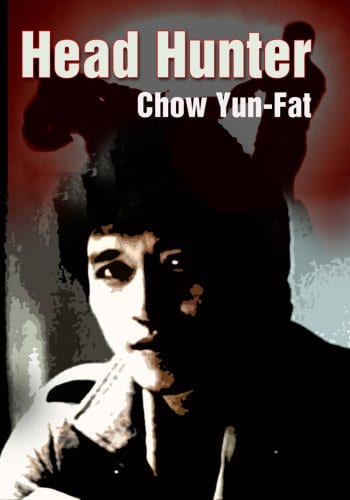
Nomad (1982) by Patrick Tam
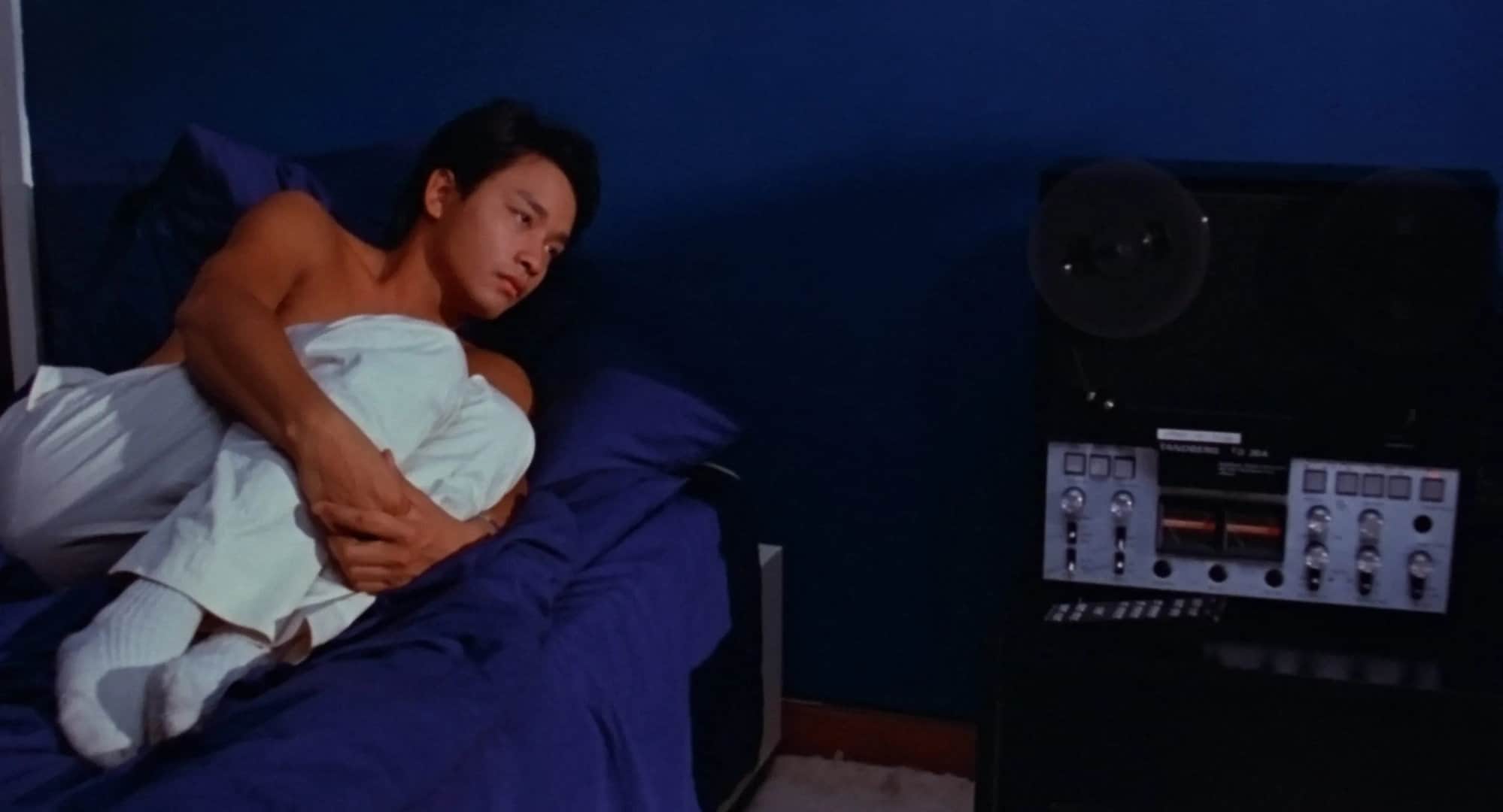
One of the central thematic threads of Nomad revolves around the encounter/clash with the Other, the simmering of blood in the spring of first loves, but above all, the exploration of one's sensory impulses. The protagonists are true embodiments of youthful passions, existential boredom, and ghostly presences of themselves all at once. What strikes the viewer is the contrast between the characters' uncontrollable instinctuality and the moments of perfect lyricism in which the director manages to withdraw them. An example is provided by the sequence in which Louis listens to his mother's voice against the backdrop of Beethoven's Fifth Symphony, while his cousin performs a traditional Japanese dance against the Klein blue background of his room. A few minutes later, the girl decides to set the bathtub on fire. Another sequence capable of touching the sublime is the one depicting Kathy and Pong consummating their carnal love on a double-decker bus racing through the night in Hong Kong. (Siria Falleroni)



